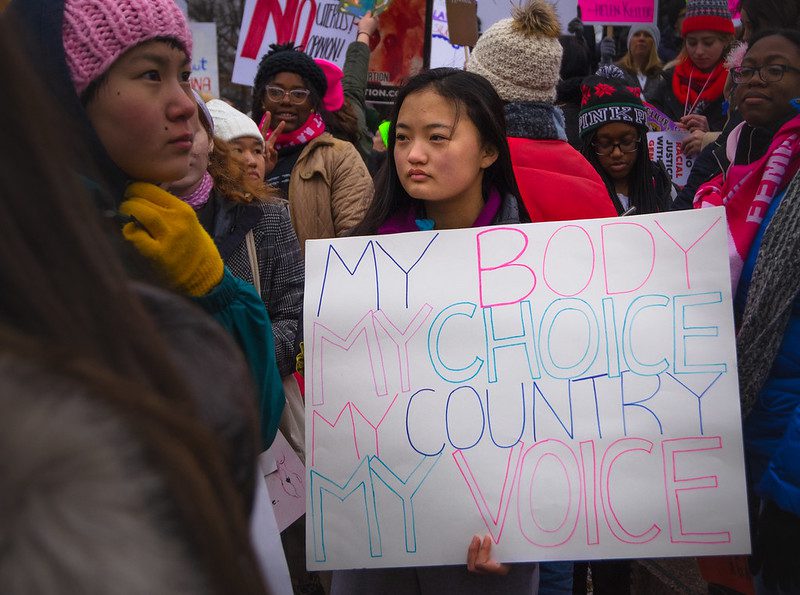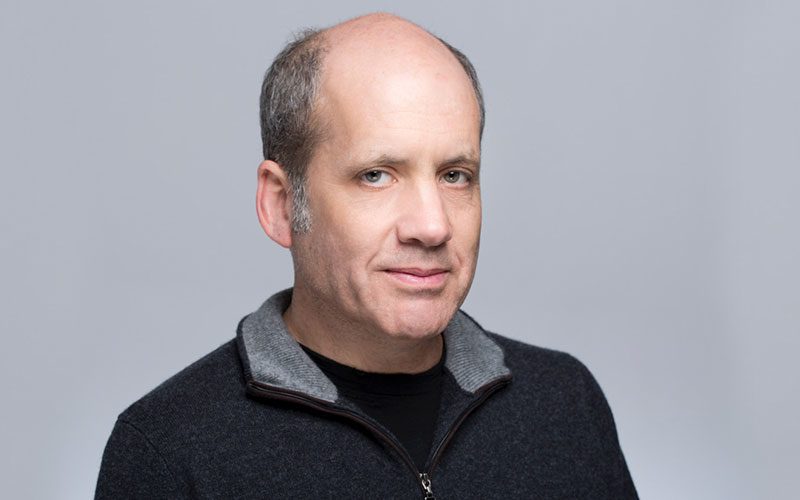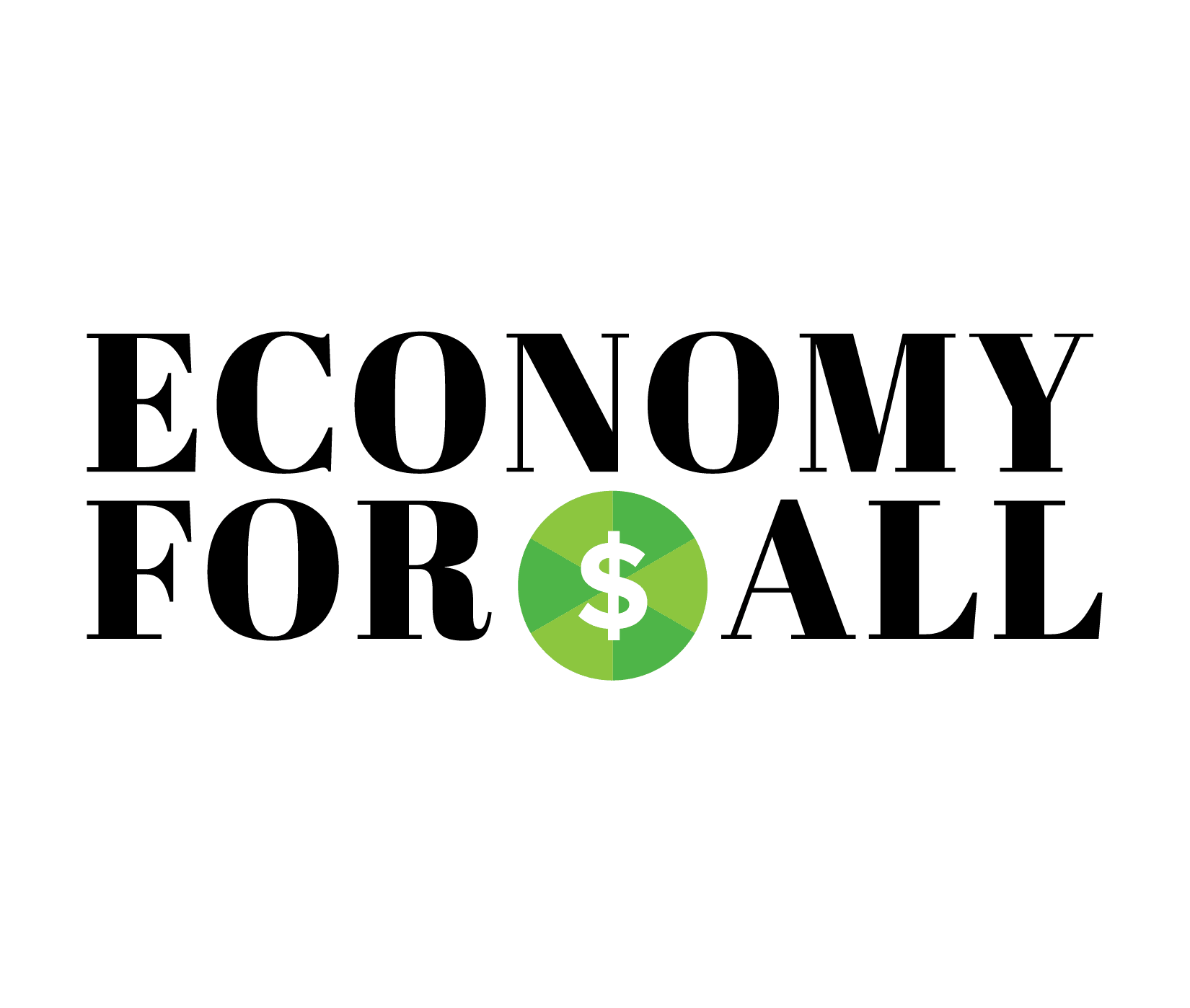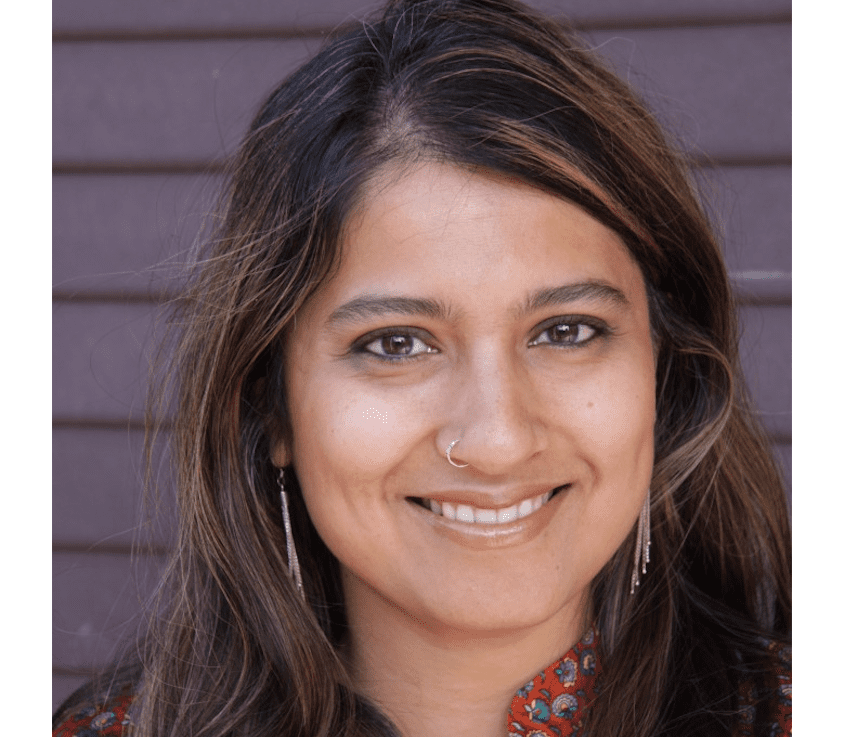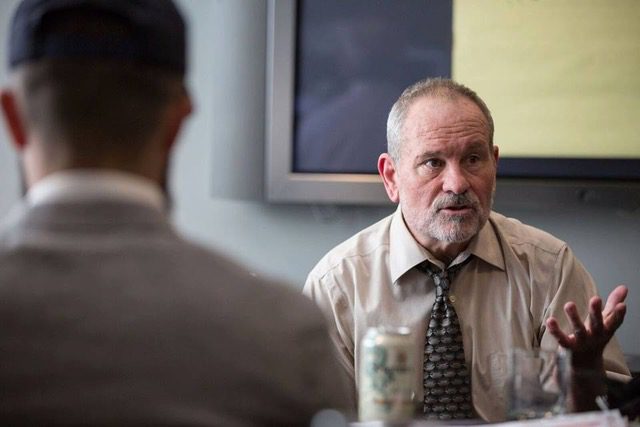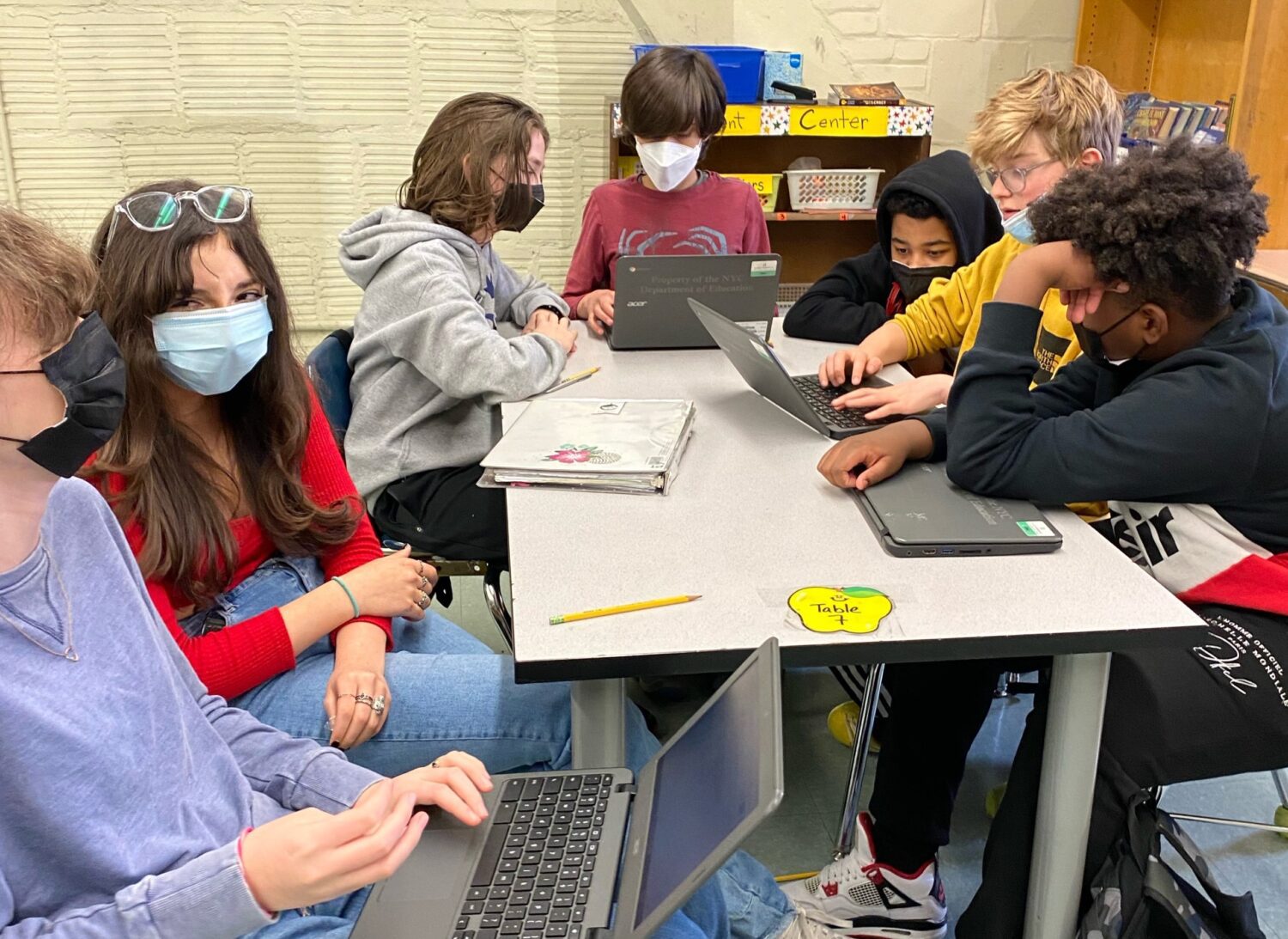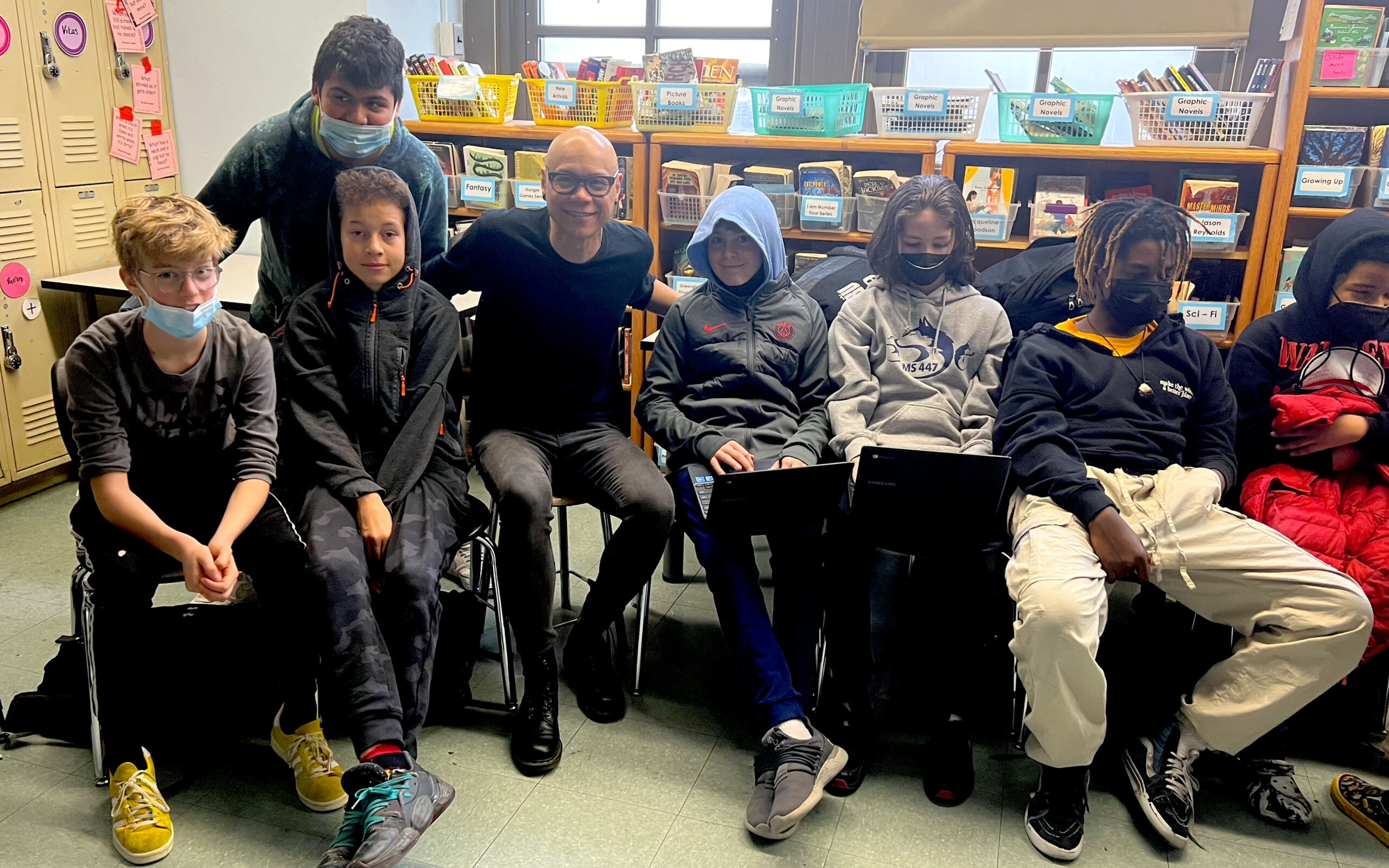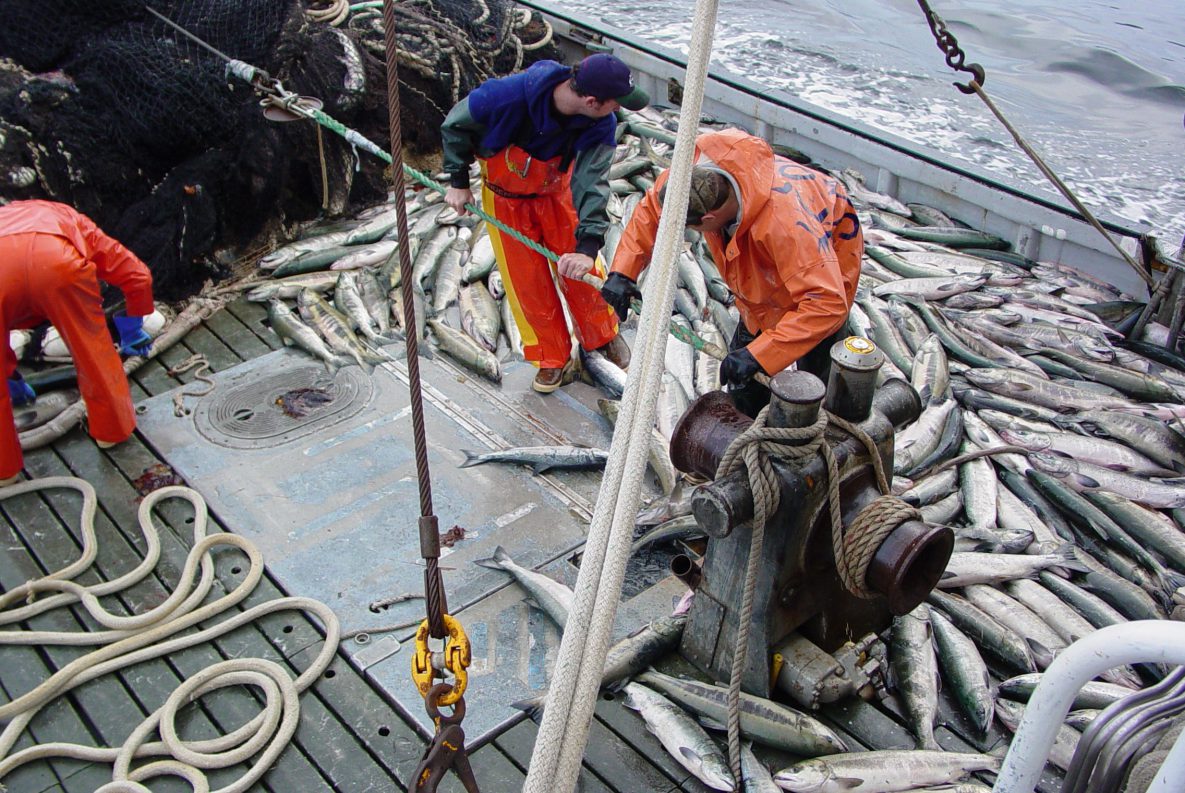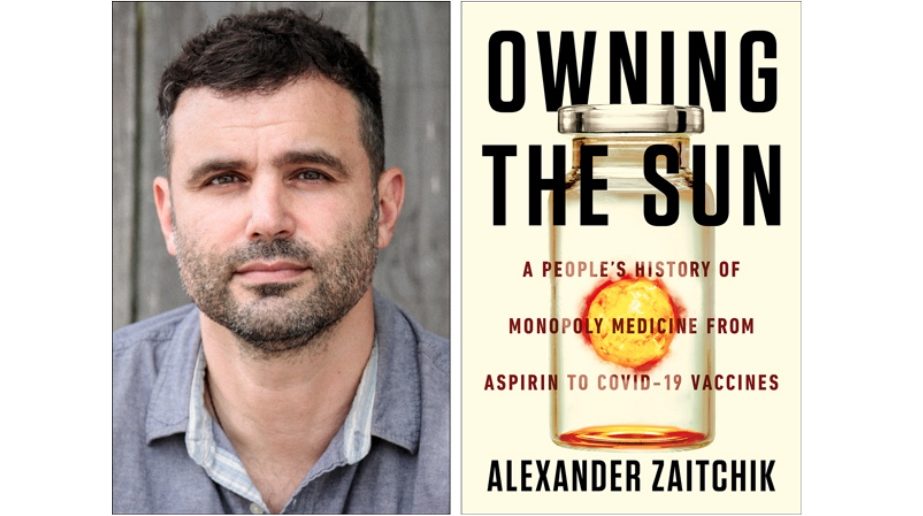The U.S. Supreme Court’s decision to overrule Roe v. Wade hurdles our society back into a dark age that disrespects the sovereignty of women, and all people.
By April M. Short
A shared ache radiates this summer across the collective of those of us born with breasts, wombs, and pussies. It is the ache of a too-familiar grief held in subjugated bodies. It is the ache that comes from tearing open the sutures we’ve sown, and resown, over an unhealed trauma that stretches back millennia. It’s the ache for freedom from the ancient, decaying cycle of oppression called patriarchy. The ache of hard-won freedoms pilfered once again by a group of old men, appointed by other old men, to positions of inordinate power. It’s the ache for bodily autonomy that is our inherent birthright. It’s an ache for respect and a basic sense of safety in our own bodies; the ache for human rights.
Ignoring half a century of precedent and the fact that 60% of Americans think abortion should be legal in all or most cases, a U.S. Supreme Court stacked with far-right extremists overruled Roe v. Wade (and Planned Parenthood v. Casey) on June 24, 2022. While this decision is no surprise if you’ve been paying attention recently, it still emits a forceful shockwave, hurdling our society back into a dark age that disrespects the sovereignty of women, and all people.
Protests erupted worldwide. Patients across the U.S., terrified and in tears, have been begging clinic staff for help, as abortion clinics started to shut down (as is expected to happen in at least 26 U.S. states). More than half of those patients have likely been victims of abuse—and many of them likely became pregnant as a result of rape. Regardless of their circumstances or the reasons that led them to this deeply personal decision to terminate their own pregnancies, none of them want to carry them to term. And now they may be forced to.
Several Supreme Court justices issued a dissent to the court’s decision on June 24, stating that one result of the “decision is certain: the curtailment of women’s rights, and of their status as free and equal citizens.”
The justices wrote:
“Roe held, and Casey reaffirmed, that in the first stages of pregnancy, the government could not make that choice for women. The government could not control a woman’s body or the course of a woman’s life: It could not determine what the woman’s future would be. Respecting a woman as an autonomous being, and granting her full equality, meant giving her substantial choice over this most personal and most consequential of all life decisions….Today, the Court discards that balance. It says that from the very moment of fertilization, a woman has no rights to speak of. A State can force her to bring a pregnancy to term, even at the steepest personal and familial costs.”
On May 5, after a draft of the supreme court’s intention to overturn Roe v. Wade was leaked on May 4, @DianaMiller5 wrote on Twitter about being 8 years old “pre-Roe” and watching doctors debate over whether to perform a life-saving abortion on her mother, who was “lying in a puddle of blood” due to an incomplete miscarriage. She recalled how her father got down on his knees and begged the doctors to save her mother’s life by removing the embryo, and how the doctors debated for 48 hours over whether to carry out the abortion while her mother bled.
“My father was required to bring my little sister and I to the hospital boardroom to prove to the board there were children to consider. I will never forget standing there, watching my father get on his knees and beg the board to save my mother. The embryo was not viable, and yet, it was killing my mom. I stood in that boardroom for hours, listening to a group of old men argue about saving a woman by removing an embryo. I didn’t understand what they were saying except that my mom was going to die if they voted against an abortion…When Roe v Wade was decided I felt such a relief that no family member would ever have to go through the grief…”
She is one of countless people with horror stories like this to share, and while her mother’s life was ultimately saved, the lives of countless women were not. Now, many more women’s lives will be permanently disturbed by the decision to overturn Roe v. Wade, and maternal mortality rates are sure to rise due to unsafe pregnancies. This was recently detailed in a 2021 study by researchers at CU Boulder which showed that banning abortion nationwide would lead to a 21% increase in the number of pregnancy-related deaths overall and a 33% increase among Black women.
Restricting access to abortion will also have serious implications for the mental health of people with unwanted pregnancies—and research has shown that being denied access to an abortion has worse mental health implications than having an abortion. Suicidality could also rise. In 2014 Reuters reported that in El Salvador each year hundreds of women who became pregnant through rape attempt to commit suicide. Not to mention the physical, emotional, financial and economic distress of caring for an unwanted baby, in a world where we already have a serious overpopulation problem and worsening climate crises.
In addition to the serious risks to health and well-being a national abortion ban poses, the Supreme Court’s decision demonstrates a frightening reality: human rights can evaporate in an instant. It shows us that in this country, people can fight for years for basic protections and rights, and win—only to have those rights swept away again by a few in power. And this court is not stopping at abortions. They will likely come after gay marriage and contraception rulings. They have already weakened Fourth Amendment protections against unreasonable searches and seizures.
Maybe most twisted of all is the fact that just before the court banned legal abortions they further loosened restrictions on guns, even though just weeks prior easy-access to AR rifles made possible the massacre of 19 school children and their teachers in Uvalde, Texas (while police officers equipped with weapons to storm the building and stop the shooter stood there like cowards because they were afraid they’d be shot at).
The Supreme Court is basically saying it is fine for the government to force you to give birth, whether you want to or not. But once that child is born, the government will do everything in its power to increase the odds that they are one day shot to death in school—or at the movies, a concert, the grocery store, a yoga class, really anywhere in public.
There is plenty of proof from other countries that limiting access to guns works extremely well to prevent mass shootings, but instead the Supreme Court and the right wing is making every possible effort to loosen gun restrictions. Even when mass shootings have on average occurred more than twice a day in this country so far in 2022.
For those in power who would ban legal access to abortion, it has never been about protecting life or caring about babies or families. That could not be more obvious than it is right now.
Women have always aborted unwanted pregnancies, since time immemorial. Following the Supreme Court decision, the demand for herbal abortion remedies is on the rise. Self-medicating with herbs to produce an abortion is extremely unsafe, and can result in serious injuries and death in some cases. That said, herbal abortion can be effective for some, and has been practiced for millennia, under the guidance of trained herbalists. For some women it is a conscious choice, similar to home birth, as Gabby Bess details in an article in Vice.
In the article, Bess also notes that “unfortunately, stories about self-induced abortion are rarely not stories about desperation in a political climate where women’s reproductive rights are far from guaranteed.”
Herbal abortion harbors many unknowns, and lacks assurance by scientific study compared with the pharmaceutical pill options. This is likely because serious assessment in western science of the safety and efficacy of herbal healing is meager at best, and paired with the equally meager scientific data on female reproductive health the data is basically nonexistent.
Bess reported that when she contacted the American Congress of Obstetricians and Gynecologists, a representative from the organization “told me that ‘ACOG does not consider herbal abortion as an appropriate way to end a pregnancy. A doctor would never recommend it.’ She then pointed me to some grim statistics about women driven to unsafe, illegal abortions. They result in 50,000 deaths annually.”
For many people experiencing unwanted pregnancy in the U.S., however, there are still options. Many states will keep the doors of their abortion clinics open, and underground mutual aid networks of support abound, to help safely connect people in red states with clinics in blue states where abortion remains protected. Another option is for women to order abortion pills from overseas, or to set up a mail forwarding address in another state—though all options carry with them some potential legal risk. Not everybody will be lucky enough to access the resources that do exist. For some, it will be too late. For others, these options will not be accessible. Women who are abused are more likely to have unwanted pregnancies and oftentimes women living in abusive situations don’t feel safe or have the means to leave town.
April M. Short is an editor, journalist and documentary editor and producer. She is a writing fellow at Local Peace Economy, a project of the Independent Media Institute. Previously, she served as a managing editor at AlterNet as well as an award-winning senior staff writer for Santa Cruz, California’s weekly newspaper. Her work has been published with the San Francisco Chronicle, In These Times, Salon and many others.
